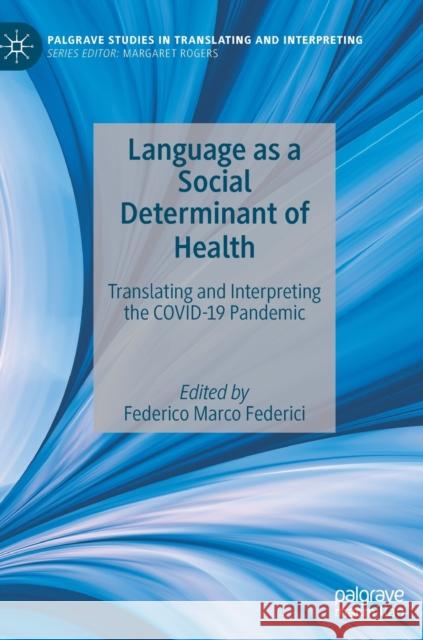Language as a Social Determinant of Health: Translating and Interpreting the Covid-19 Pandemic » książka
topmenu
Language as a Social Determinant of Health: Translating and Interpreting the Covid-19 Pandemic
ISBN-13: 9783030878160 / Angielski / Twarda / 2022 / 364 str.
Language as a Social Determinant of Health: Translating and Interpreting the Covid-19 Pandemic
ISBN-13: 9783030878160 / Angielski / Twarda / 2022 / 364 str.
cena 603,81
(netto: 575,06 VAT: 5%)
Najniższa cena z 30 dni: 578,30
(netto: 575,06 VAT: 5%)
Najniższa cena z 30 dni: 578,30
Termin realizacji zamówienia:
ok. 16-18 dni roboczych.
ok. 16-18 dni roboczych.
Darmowa dostawa!
Kategorie:
Kategorie BISAC:
Wydawca:
Springer Nature Switzerland AG
Seria wydawnicza:
Język:
Angielski
ISBN-13:
9783030878160
Rok wydania:
2022
Ilość stron:
364
Waga:
0.58 kg
Wymiary:
21.01 x 14.81 x 2.06
Oprawa:
Twarda
Wolumenów:
01
Dodatkowe informacje:
Wydanie ilustrowane











